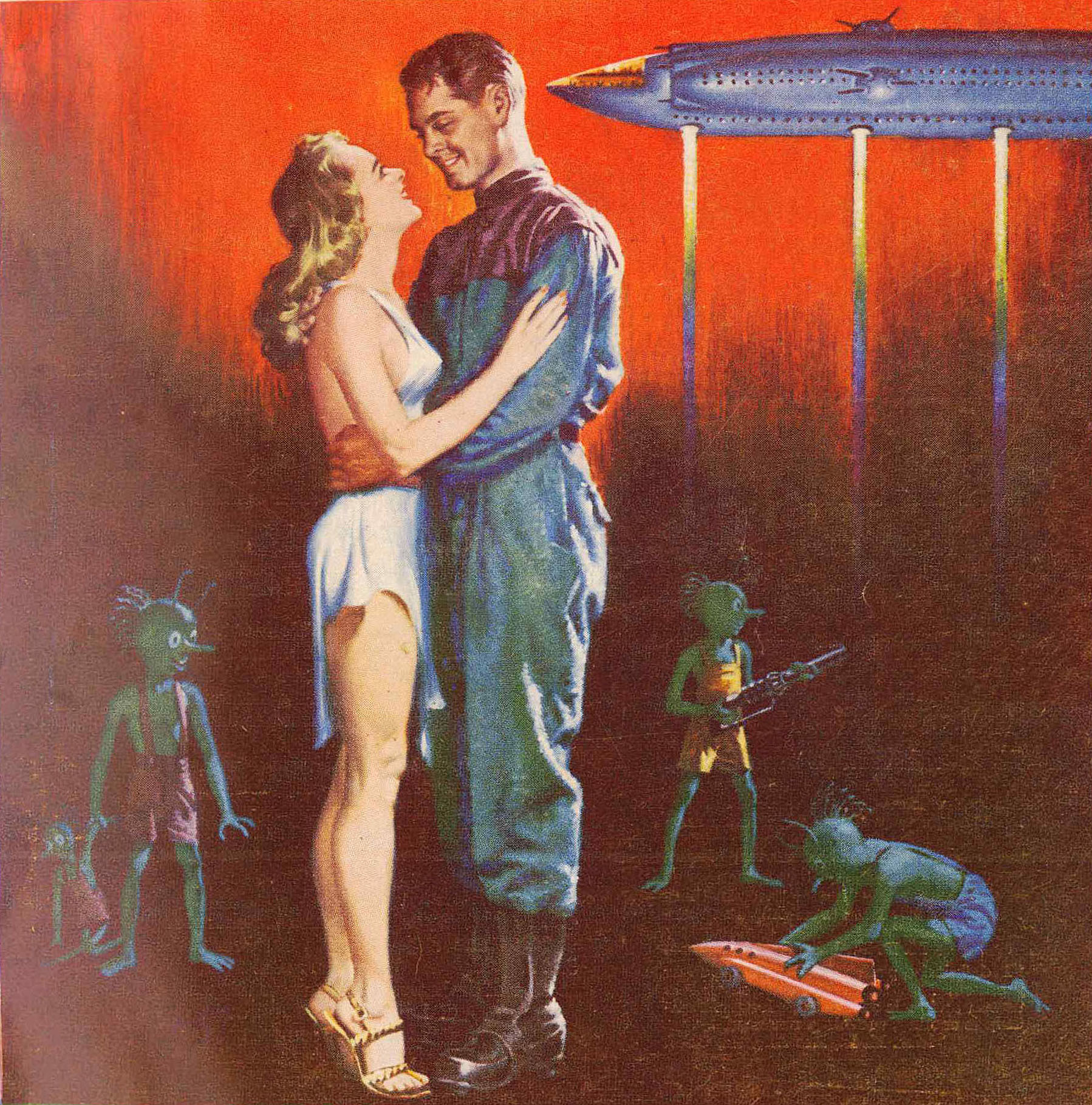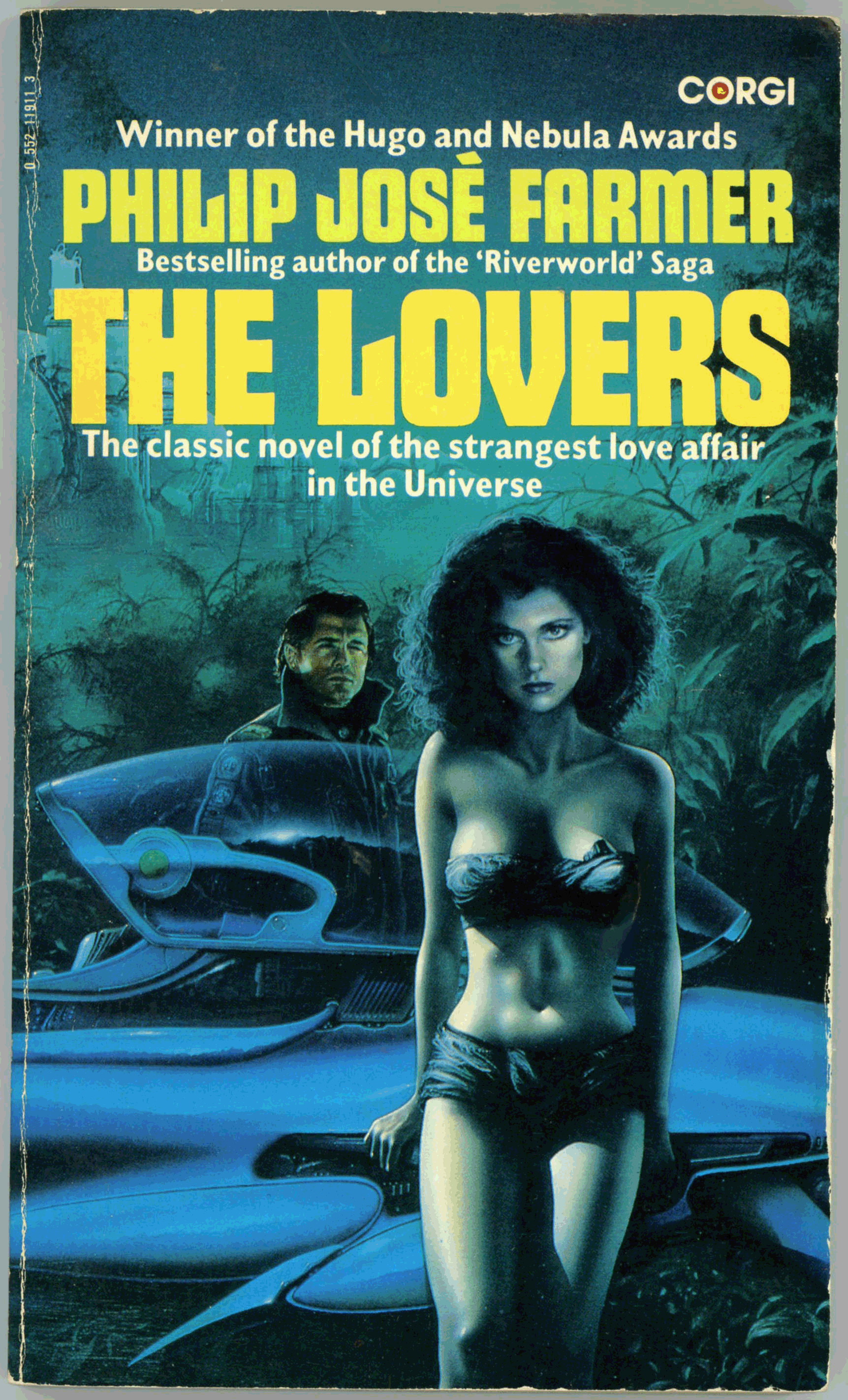It’s only in my dreams that I am so sinister.
Recently I had another dream about you,
it was a big dream, but I hardly remember a thing.
I was in Vienna, I don’t recall anything about that,
next I went to Prague and had forgotten your address,
not only the street but also the city, everything,
one the name Schreiber kept somehow appearing,
but I didn’t know what to make of that.
So I had lost you completely.
In my despair I made various very clever attempts,
which were nevertheless not carried out –
I don’t know why –
I just remember one of them.
I wrote on an envelope: M. Jesenski and underneath
“Request delivery of this letter,
because otherwise the Ministry of Finance will suffer terrible loss.”
With this threat I hoped to engage the entire government in my search for you.
Clever?
Don’t let this way you against me.
It’s only in my dreams that I am so sinister.
(September, 1920)
But here the transmutability came into play…
Yesterday I dreamt about you.
I hardly remember the details,
just that we kept on merging into one another,
I was you,
you were me.
Finally you somehow caught fire;
I remembered that fire can be smothered with cloth,
took an old coat and beat you with it.
But then the metamorphoses resumed and went so far
that you were no longer even there;
instead I was the one on fire and I was also the one who was beating the fire with the coat.
The beating didn’t help, however,
and only confirmed my old fear that things like that can’t hurt a fire.
Meanwhile the firemen had arrived and you were somehow saved after all.
But you were different than before,
ghostlike,
drawn against the dark with chalk,
and you fell lifeless into my arms,
or perhaps you merely fainted with joy at being saved.
But here the transmutability came into play:
maybe I was the one falling into someone’s arms.











